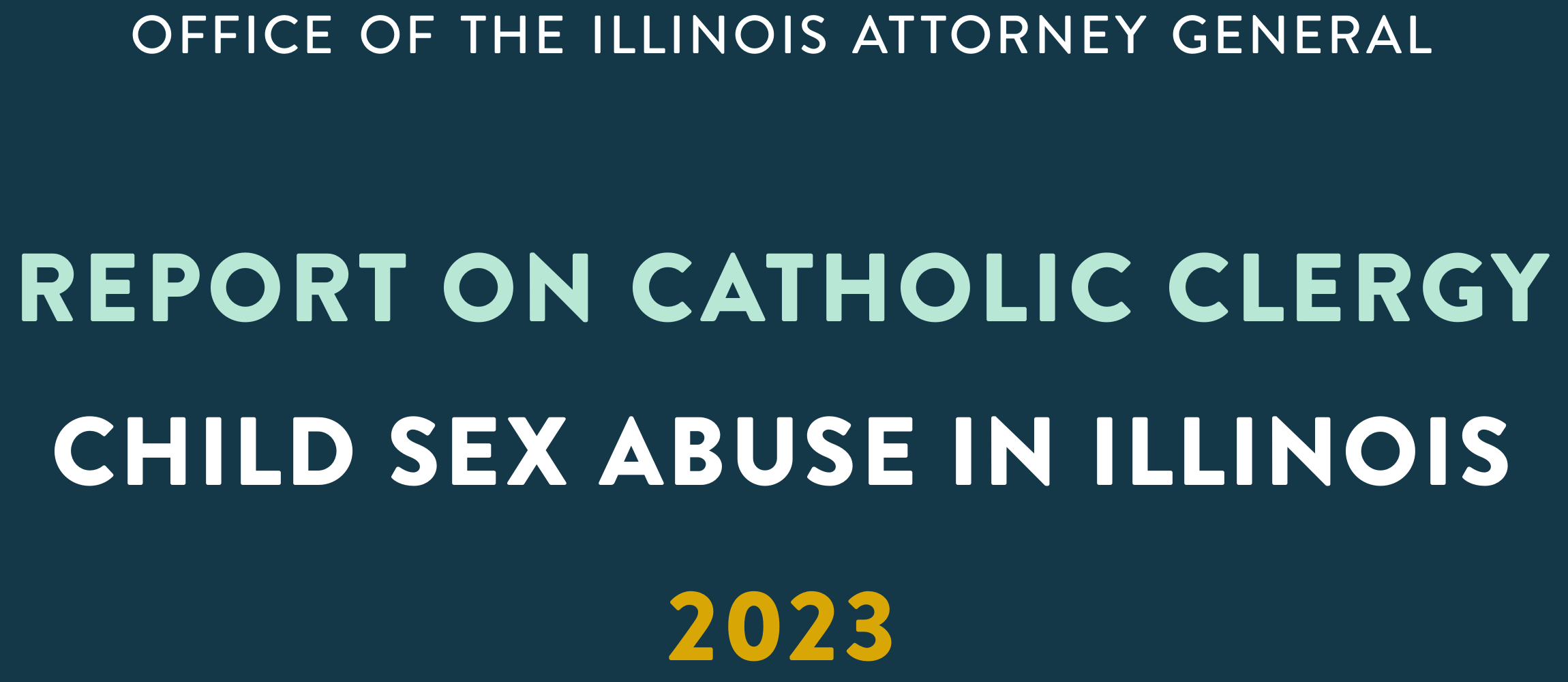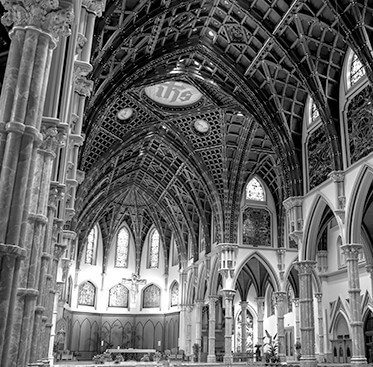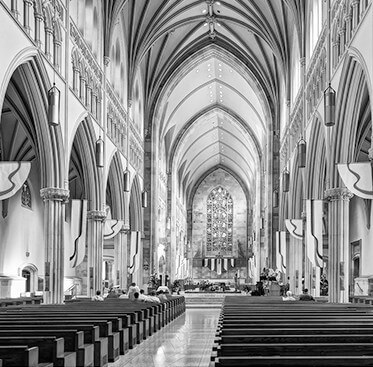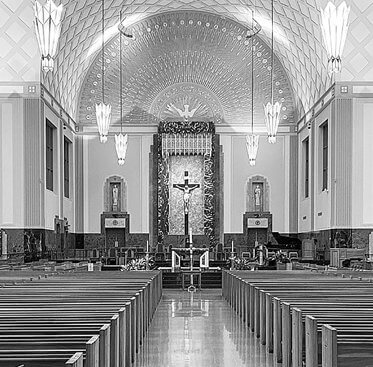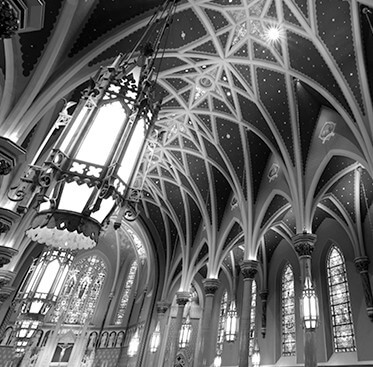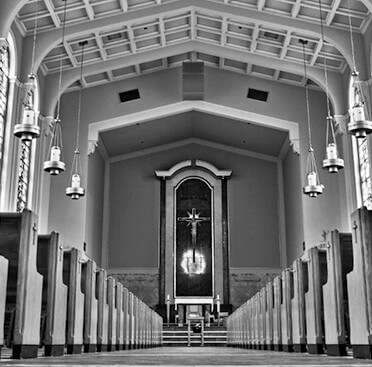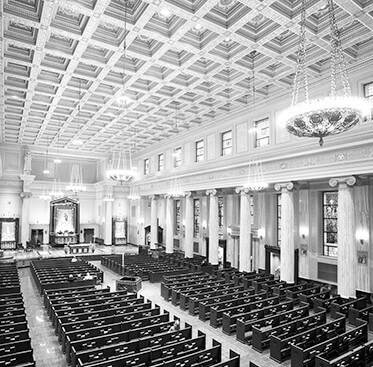Message from the Illinois Attorney General Kwame Raoul
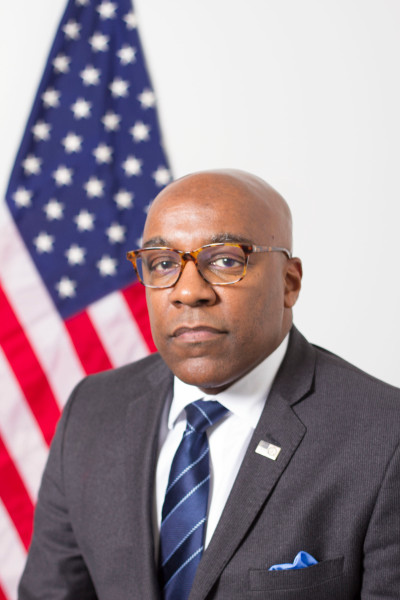
The following report represents the conclusion of my office’s multi-year investigation into child sex abuse by members of the Catholic clergy in the six dioceses across Illinois – the Archdiocese of Chicago and the Dioceses of Belleville, Joliet, Peoria, Rockford, and Springfield. This investigation began in the latter half of 2018 on the heels of a Pennsylvania grand jury report finding that more than 300 Catholic clerics had abused more than 1,000 children in the Commonwealth over the prior 70 years. Even before being sworn into office, I committed to continue the investigation my predecessor initiated.
Over the course of this investigation, two goals remained at its core: first, to obtain a full accounting of substantiated child sex abuse committed by Catholic clergy in Illinois and provide a complete public report of substantiated abusers; and second, to give voice to survivors in an attempt to contribute to their healing journey. To these ends, my attorneys and investigators examined thousands of diocesan files, reviewing more than 100,000 pages of documents held by the dioceses. They spent countless hours engaged in interviews and conversations with diocesan leadership and representatives. And over the course of this investigation, my office received more than 600 confidential contacts from survivors through emails, letters, voicemail messages, interviews, and phone calls. My investigation team treated each allegation with the respect it deserved and followed leads as they arose to ensure we conducted a thorough and comprehensive investigation. To build the most compelling portion of this report, my team worked closely with survivors to draft narrative accounts of their experiences as children sexually abused by clerics. Without those survivors who bravely came forward to share their experiences and perspectives, neither the investigation nor this report would feel complete. I express my sincerest gratitude to each of those survivors, and to the others who contacted my office, for their deeply personal contributions.
The Attorney General’s report is available in English.
Portions of the report are available in Spanish and Polish.
Introduction
In the late summer of 2018, a Pennsylvania grand jury found that more than 300 Catholic clerics (ordained bishops, priests, and deacons) ministering in the Commonwealth sexually abused over 1,000 children during the prior 70 years. Soon after the grand jury released its report, Cardinal Blase J. Cupich of the Archdiocese of Chicago penned a letter describing the “anger, shock, grief, and shame” he felt upon “learning about the devastating revelations of sexual abuse—and the failures of bishops to safeguard the children entrusted to their care—published in the Pennsylvania grand jury report.” Bishop Daniel R. Conlon, then of the Diocese of Joliet, termed the Pennsylvania numbers “staggering.” He found it “alarming to realize the extent to which some of my brother bishops and priests have failed to uphold their obligations to care for the people.” Along those same lines, Bishop Edward K. Braxton, then of the Diocese of Belleville, thought the Pennsylvania grand jury’s findings “deeply disturbing,” causing “anger, frustration, disappointment, and bewilderment in the minds and hearts of Catholic laity and clergy.” Consistent with the reactions of these Illinois Catholic leaders, shock waves were felt across the nation as a result of the Pennsylvania report. Attorneys General from multiple states, including Illinois, announced investigations into child sex abuse by Catholic clerics.
Learn about Child Sex Abuse in the Dioceses and Read Survivor Narratives
Long Term Harms
Nearly every survivor interviewed by Attorney General investigators reported struggling with some form of mental health challenge in the years after the abuse.

